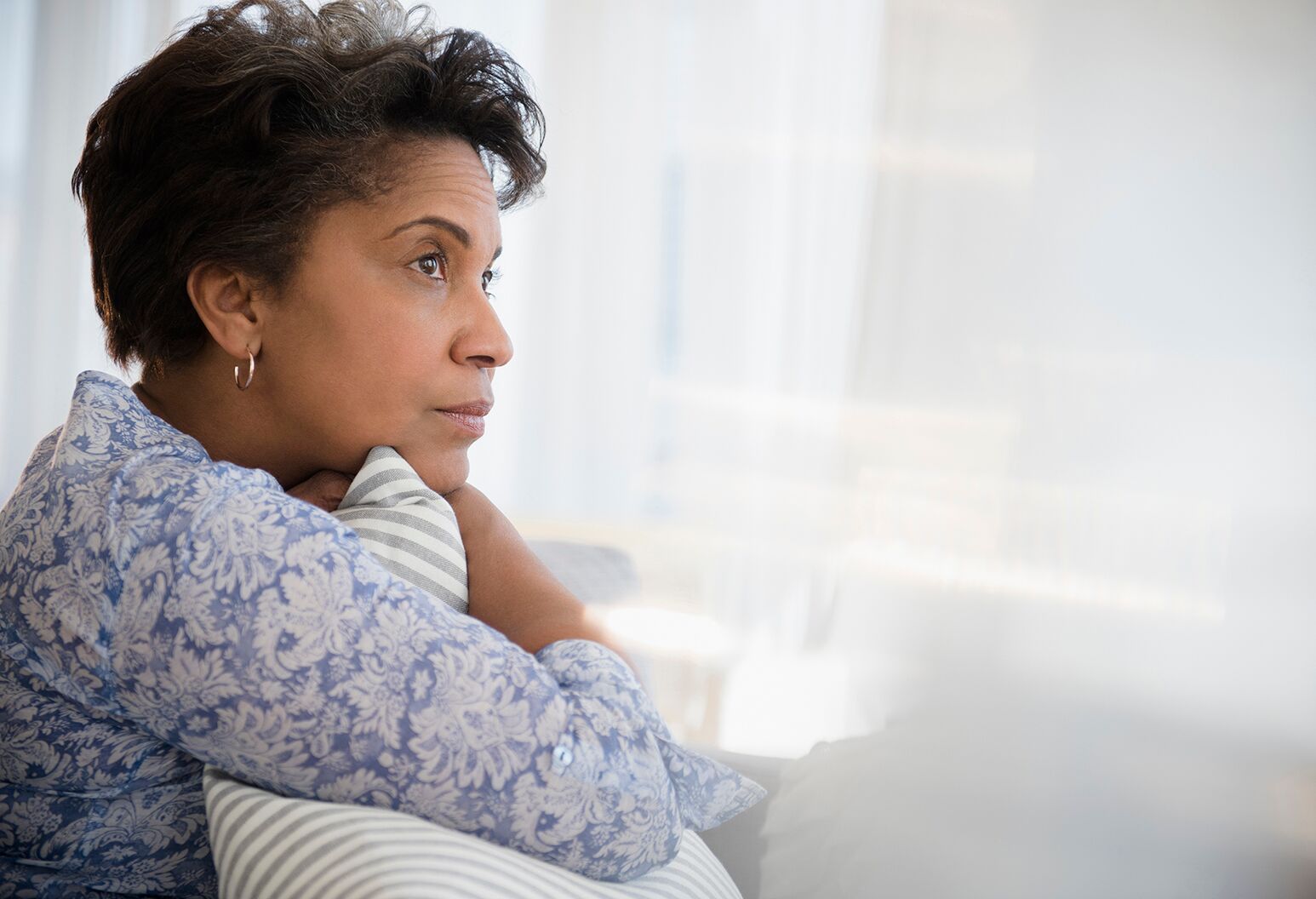Behavioral health
Mental health care at every age
At the Katz Institute for Women’s Health, we’re your connection to psychological and behavioral health resources at every stage of life.
Women undergo many hormonal changes throughout life—monthly, as well as during and after pregnancy and pre- and post-menopause. Hormonal changes are not always the reason for behavioral health issues, but they do put women at a greater risk for depression, anxiety, and other mental health disorders. Approximately 12 million women experience clinical depression each year, and one in eight women will develop clinical depression in her lifetime. We're here to provide access to complete, leading-edge care, including emergency inpatient and outpatient services for all your behavioral health needs.
Physical and mental health: They go together
When it comes to staying healthy, your psychological well-being is just as important as your physical health. The two are inextricably linked, and in fact, studies have shown that people who struggle with a behavioral health issue such as depression are more likely to suffer from a chronic physical condition.
Anxiety is one of the most common mental health problems, with women being twice as likely as men to be impacted. Anyone can develop an anxiety disorder, but family history likely plays a role, as does spending time in a stressful environment. That’s especially true for sufferers of post-traumatic stress disorder (PTSD) who develop symptoms after experiencing or witnessing a disturbing event. It often impacts veterans, sexual abuse survivors and accident or disaster victims.
Depression also impacts many women and can sometimes affect women during pregnancy or after the birth of a child. New mothers can feel sad, anxious, overwhelmed or confused. These feelings often go away quickly, However, when they persist or worsen, professional help is needed.
As well, the majority of individuals with eating disorders are female. These conditions typically develop during the teens and 20s, but it’s possible to experience symptoms at any point in life. Recent research shows that some women are developing them for the first time in their 50s. Your family history can make you more susceptible, as can having certain hobbies or jobs (dancer, athlete, actor) that place emphasis on physical appearance.
Your mental health is just as important as your physical health. Learn helpful ways to manage and reduce stress in your everyday life.
We treat behavioral issues that often accompany heart disease, such as anxiety, depression, anger, cognitive impairment and substance abuse. We also assist you in adhering to treatments, adjusting to life following a cardiac event and balancing work and personal issues to minimize stress.





